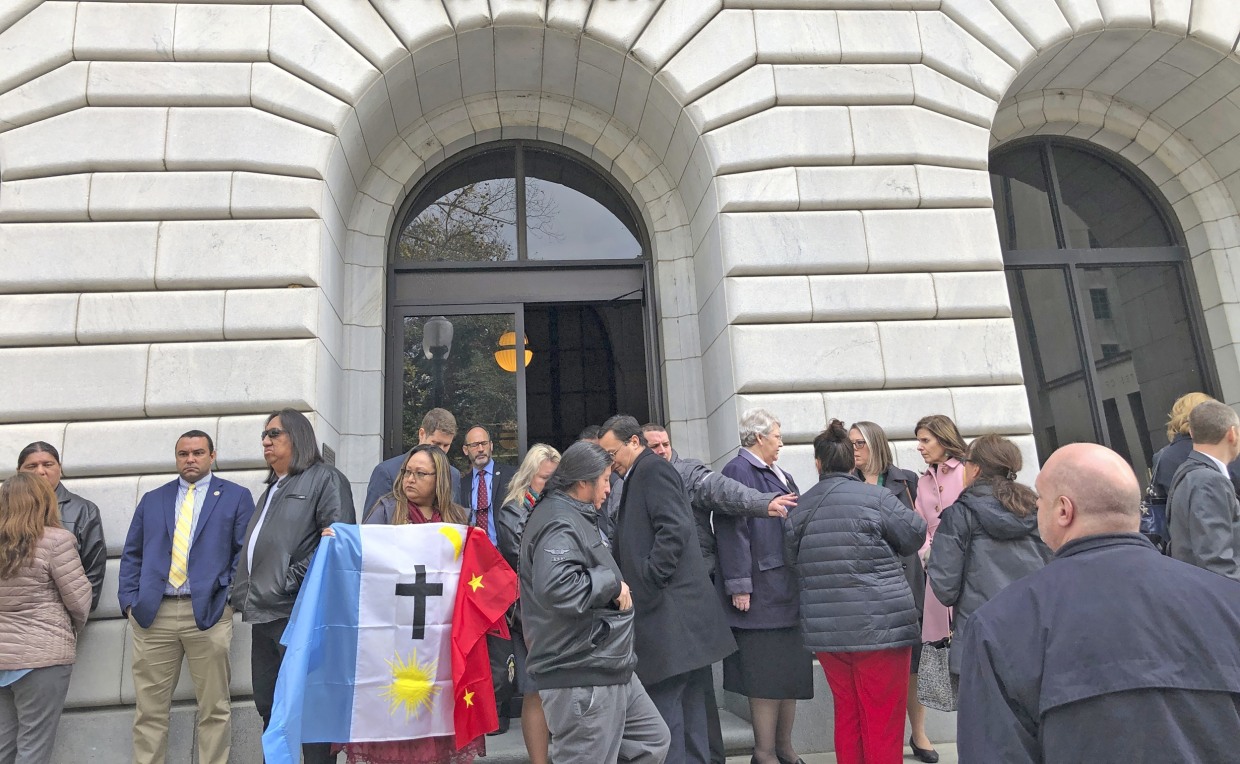SCOTUS to Hear Case Over Native American Adoptions
On Monday, SCOTUS agreed to review the legality of the decades-old Indian Child Welfare Act....
Facts
- On Monday, SCOTUS agreed to review the legality of the decades-old Indian Child Welfare Act.1
- The law sets federal standards including requiring that preference be given to members of a native child's extended family, other tribe members or 'other Indian families' in cases of foster care or adoption.1
- It was passed in 1978 in response to large numbers of Native American children being removed from their families and placed, often, in non-native homes.2
- The act is being defended by the Biden administration and several Native American tribes.1
- Texas, Louisiana, Indiana, and seven individuals seeking to adopt Native American children, say the law violates the Constitution.3
- The importance of the case has led Native American legal experts to characterize it as one of the most significant tribal issues in years.3
Sources: 1NBC, 2Reuters and 3USA Today.
Narratives
- Narrative A, as provided by Washington Post. The ICWA is the gold standard of child welfare laws. It has established a process of keeping native children connected to their families. The ICWA isn't a race-based law as courts have repeatedly ruled. It's in line with both congressional authority and protects children from being taken from their communities and stripped of all identity.
- Narrative B, as provided by Newsweek. This act is detrimental to the welfare of native children. It has enabled tribal governments to block foster and adoption placements even when there's no Native American family available to take care of a child. The ICWA also enables children to be removed from loving homes where they've already become settled and secure, resulting in unecessary trauma.







